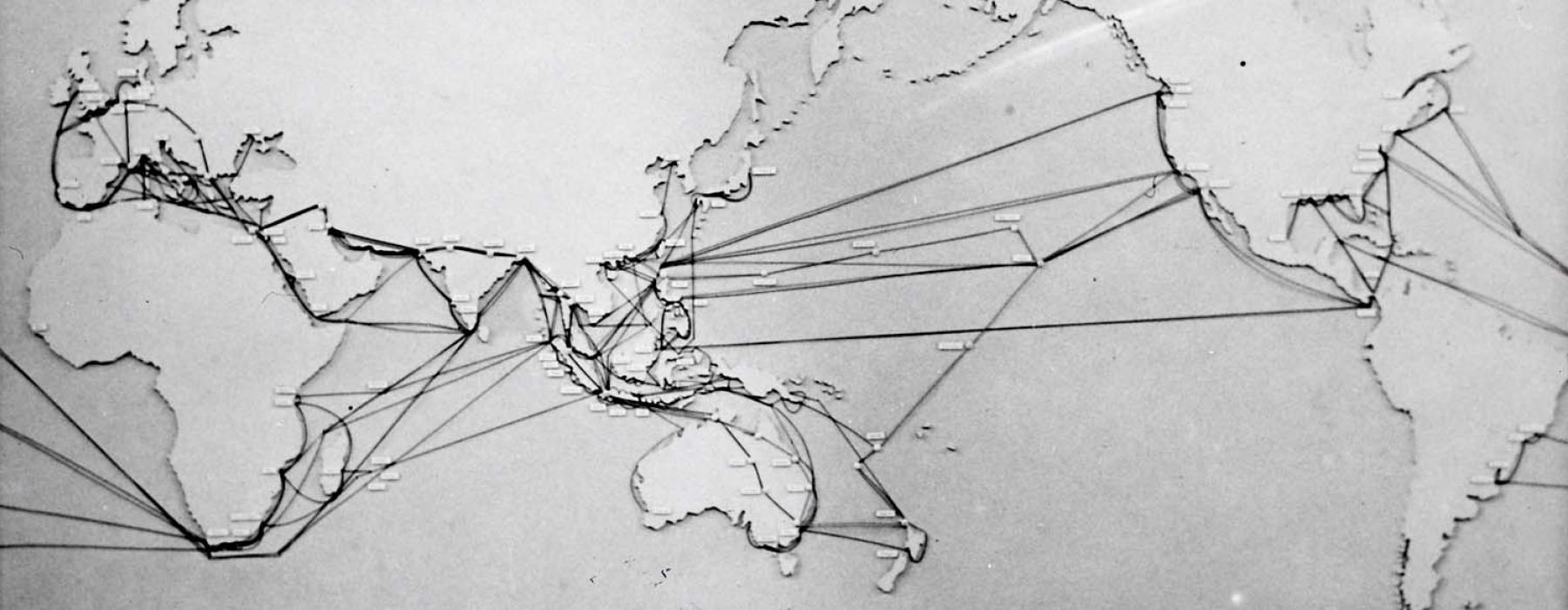DR. KWAME NIMAKO (BA/MA, Sociology; PhD Economics, University of Amsterdam) teaches International Relations at the Graduate School of Social Sciences (GSSS) in the Universiteit van Amsterdam. He worked as a Tinbergen Fellow at the Department of Agricultural and Development Economics (Tinbergen Institute, 1989-1991) and Lecturer in Race and Ethnic Relations and Development Studies at the Centre for Race and Ethnic Studies (CRES, 1986-1991) at the same university. He is also the founder and director of the Black Europe Summer School (BESS), held in Amsterdam every year.
Dr. Nimako is also President of OBEE Consultancy, which he founded in 1992, and has consulted for several private and public institutions. He has consulted for the Amsterdam Municipal Council and the Dutch Ministry of Home Affairs (The Hague) on Urban Renewal projects and Ethnic Minorities/Immigrants Policy. In 1995 and 1996 he was a rapporteur on the evaluation of Social Renewal Projects in five cities (Amsterdam, Deventer, Nijmegen, Rotterdam, and Utrecht) in the Netherlands.
He was (1996-1997) the Principal Research Consultant for Focus Consultancy Ltd (UK) on the ACP and ODT* Migrants in Europe Project commissioned by the General-Secretariat of the African, Caribbean and Pacific (ACP) Group of States (in Brussels). Specifically, the ACP Migrants in Europe project recorded a number of significant issues which affect the everyday life of African, Caribbean and Pacific diaspora in the European Union; these included problems which rotate around citizenship and mobility, ‘human rights’, and ‘racism’ and ‘xenophobia’. In his capacity as Principal Research Consultant he produced 1) Demographic Survey Report and 2) Status and Legality Survey Report on ACP and ODT Migrants in the European Union (EU), and co-authored four Guide Books for the 70 African, Caribbean and Pacific Group of States.
Dr. Nimako is the author or co-author of some 30 books, reports and guide books on economic development, ethnic relations, social policy, urban renewal, and migration. Among his works are: The Dutch Atlantic: Slavery, Abolition and Emancipation(with Glenn Willemsen) (London, Pluto Press, 2011); “Nkrumah, African Awakening and Neo-colonialism: How Black America awakened Nkrumah and Nkrumah awakened Black America”, In: The Black Scholar: Journal of Black Studies and Research(Vol 40, No.2, Summer 2010); “Theorizing Black Europe and African Diaspora: Implications for Citizenship, Nativism and Xenophobia” (with Stephen Small) In: Black Europe and the African Diaspora: ed. D. C. Hine, T. D. Keaton & S. Small (University of Illinois Press, 2009); “African Regional Groupings and Emerging Chinese Conglomerates”, In: Big Business and Economic Development: Conglomerates and Economic Groups in Developing Countries and Transition Economies under Globalization, ed. Barbara Hogenboom and Alex E. Fernandez Jilberto (Routledge, London. 2007); “Designs and (Co)-incidents: Cultures of Scholarship and Public Policy on Immigrants/Minorities in the Netherlands” (with Philomena Essed) In: International Journal of Comparative Sociology (2006, vol. 47: 281-312); “Labour and Ghana’s Debt Burden: The Democratization of Dependency”, In: Labour Relations in Development, ed. Alex E. Fernandez Jilberto et.al (Routledge, London 2002); “Repositioning Social Policy: North-South dialogue in the context of donor-recipient Relation”, In: Bridging the Gaps: Essays on economic, social and cultural opportunities at global and local levels (NIZW International Centre, Utrecht, 2002); Beyond Multiculturalisation: Amsterdam Southeast as Strategic Location (Rotterdam: Gramo de Combinatie, 1998, in Dutch).
*Overseas Departments and Territories






